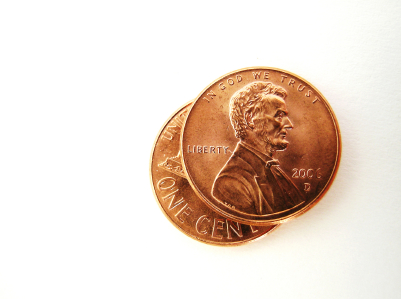By Joel Dresang
When President Obama referred to earning “some serious Tubmans” at the 2016 White House Correspondents’ Association dinner, he reminded us that we like to use slang when we’re talking money.
Obama’s reference was to the planned Harriet Tubman portrait on the $20 bill. It follows a practice of saying “Benjamins” for $100 bills. A “Saturday Night Live” rap video speaks of $10 bills as “Hamiltons.”
Roll up to the theater. Ticket buyin’ when we’re handlin’
You can call us Aaron Burr. From the way we droppin’ Hamiltons.
More generally, regardless of who’s depicted, we refer to dollars as “bucks.” For an explanation, etymologists direct our attention to the poker table.
Back in the Wild West, poker players would mark whose turn it was to deal the cards by placing a token on the table. According to varying accounts, a common marker was a knife with a handle made of buck horn, or the players would use buckshot or the tail of a buck – which some men apparently carried with them as a talisman, like a lucky rabbit’s foot.
In time, that marker showing whose deal it was became known as a buck.
An older nickname for the $10 bill is the “sawbuck,” which is what you call a saw horse whose legs project above the crossbar. From the side, with those legs crossed, the sawbuck presents an “X” – or 10, if you’re counting in Roman numerals.
Poker’s context for the buck explains the expression “passing the buck” in the sense of shifting responsibility off onto someone else. In other words, “Hey, it isn’t my deal.” Harry Truman, an ardent poker player, famously had a sign on his desk in the White House: “The buck stops here!”
You can imagine that eventually pulling out a knife or a pelt or a tail and placing it on the poker table got kind of weird. Players agreed that a $1 coin would be more convenient for designating the dealer. And so, the story goes, that dollar coin became known as a buck. That term of endeerment rubbed off on paper currency as well.
Maybe it’s the sense of risk involved, but games of chance have contributed other vocabulary for how we talk about money. Another example from poker is “blue chip.” That’s the counter with the highest value in a game. So on Wall Street, blue-chip stocks relate to well-established, reputable companies with long records of profitability.
Joel Dresang is vice president-communications at Landaas & Company.
(initially posted May 23, 2016)
More information and insight from Money Talk
Money Talk Videos
Follow us on Twitter.
